 W
WLieutenant General Sir Edwin Alfred Hervey Alderson, KCB was a senior British Army officer who served in several campaigns of the late nineteenth and early twentieth centuries. From 1915 to 1916 during the First World War he commanded the Canadian Expeditionary Force on the Western Front, during which time it saw heavy fighting.
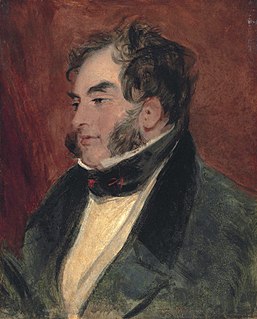 W
WWilliam Arden, 2nd Baron Alvanley was a British Army officer, peer and socialite, who was a friend of Beau Brummell and one of a close circle of young men surrounding the Prince Regent.
 W
WJohn Charles Beckwith (1789–1862) was a British army officer who was born in Nova Scotia. He is best remembered for being injured in the Battle of Waterloo and for his charity work and philanthropy among the Waldensians of northern Italy.
 W
WWilliam Bradshaw VC, born in Thurles, County Tipperary, was an Irish recipient of the Victoria Cross, the highest and most prestigious award for valour in the face of the enemy that can be awarded to British and Commonwealth forces.
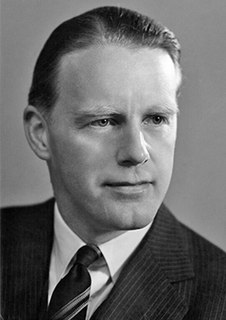 W
WSir Paul Elmore Oliver Bryan was a British Conservative politician.
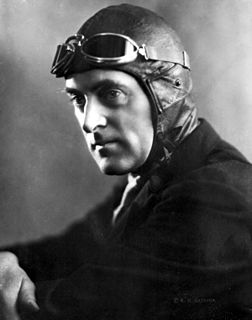 W
WMajor Sir Malcolm Campbell was a British racing motorist and motoring journalist. He gained the world speed record on land and on water at various times, using vehicles called Blue Bird, including a 1921 Grand Prix Sunbeam. His son, Donald Campbell, carried on the family tradition by holding both land speed and water speed records.
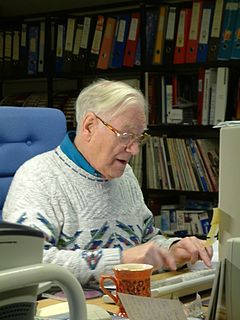 W
WDesmond Herbert Carrington was a British broadcaster and actor whose career spanned 75 years. He was best known for his weekly show on BBC Radio 2 which aired for 35 years, from 4 October 1981 until his final broadcast on 28 October 2016. He appeared in such films as Calamity the Cow (1967) and also acted on TV, where he became known for his role as Dr. Anderson in Emergency Ward 10. He was born in Bromley, Kent, England and lived in Perth, Scotland from 1995 until his death.
 W
WGeneral George Ramsay, 9th Earl of Dalhousie,, styled Lord Ramsay until 1787, and Baron Dalhousie from 1815, was a Scottish soldier and colonial administrator. He was Governor of Nova Scotia from 1816 to 1820, Governor General of British North America from 1820 to 1828 and later Commander-in-Chief in India. In turn, his son, James Andrew Broun-Ramsay, 1st Marquess of Dalhousie, would later serve as Governor-General of India.
 W
WColonel Donald John Dean was an English recipient of the Victoria Cross, the highest and most prestigious award for gallantry in the face of the enemy that can be awarded to British and Commonwealth forces.
 W
WDonald Friswell Easten MC was a British Army officer of the Royal West Kents who was awarded the Military Cross for his actions during the defence of Kohima from Japanese attack during the Second World War. In retirement he bred Hampshire Down sheep and was master of beagles at Colchester Garrison.
 W
WChristopher Thomas Ewart Ewart-Biggs, was the British Ambassador to the Republic of Ireland, an author and senior Foreign Office liaison officer with MI6. He was killed in 1976 by the Provisional Irish Republican Army in Sandyford, Dublin.
 W
WCaptain Robert Gee was an English-Jewish recipient of the Victoria Cross, the highest and most prestigious award for gallantry in the face of the enemy that can be awarded to British and Commonwealth forces.
 W
WGeneral Sir Reginald John Thoroton Hildyard, was a British Army officer who saw active service in the Second Boer War and the First World War. He was Governor and Commander-in-Chief of Bermuda from 1936 to 1939.
 W
WMajor-General Sir Edmund Leach was a British army officer.
 W
WAir Marshal Sir Alan Lees, was a Royal Air Force officer who became Air Officer Commanding-in-Chief RAF Reserve Command.
 W
WLieutenant-General Sir James Leith was a Scottish soldier who served in the British Army, commanding the 5th Division in the Duke of Wellington's Anglo-Portuguese Army at several critical battles during the Peninsular War between 1810 and 1813.
 W
WLieutenant Colonel Edmund Henry Lenon VC was an English recipient of the Victoria Cross, the highest and most prestigious award for gallantry in the face of the enemy that can be awarded to British and Commonwealth forces.
 W
WOliver Gyles Longley CBE MC was a British Army officer of the Second World War who won the Military Cross in 1943 for his actions in Italy while commanding a squadron of 44th Reconnaissance Regiment near Battipaglia. Longley had a number of narrow escapes during his military service, including stepping on a mine that failed to explode.
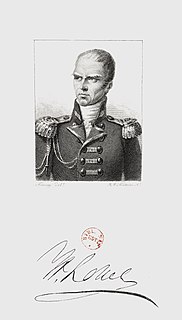 W
WSir Hudson Lowe was an Anglo-Irish soldier and colonial administrator who is best known for his time as Governor of St Helena, where he was the "gaoler" of the Emperor Napoléon.
 W
WCharles Henry Lumley VC was a Scottish recipient of the Victoria Cross, the highest and most prestigious award for gallantry in the face of the enemy that can be awarded to British and Commonwealth forces.
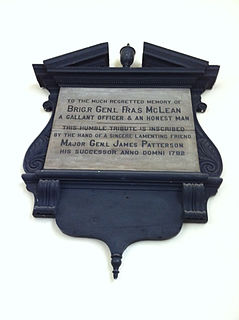 W
WBrigadier General Francis McLean was a British army officer, one of two sons of Captain William Maclean and Anne Kinloch. He became famous for defending New Ireland (Maine) against the Penobscot Expedition during the American Revolution. The defeat of the Expedition was a noted British victory of the American Revolution. He was in command of the 74th Regiment of (Highland) Foot and 82nd Regiment of Foot (1778). He died 4 May 1781 at Halifax, Nova Scotia and is buried in the crypt of St. Paul's Church (Halifax). McLean never married.
 W
WGeneral Sir William Medows KB was an Englishman and a general in the British Army. He entered the army in 1756 and saw action in North America, the Cape, and India. In 1788 he was appointed Governor of Bombay, transferring to become Governor of Madras in 1790.
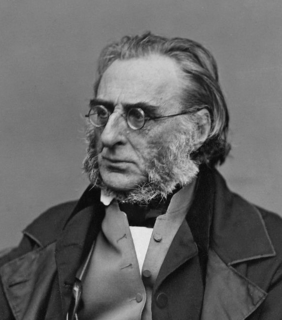 W
WGeneral Sir Charles James Napier, was an officer and veteran of the British Army's Peninsular and 1812 campaigns, and later a Major General of the Bombay Army, during which period he led the military conquest of Sindh, before serving as the Governor of Sindh, and Commander-in-Chief in India.
 W
WThomas Shuldham O'Halloran was the first Police Commissioner and first Police Magistrate of South Australia.
 W
WLieutenant General Sir Dudley Russell KBE, CB, DSO, MC was a senior officer of both the British Army and the British Indian Army, and served during World War I and World War II, where he commanded the 8th Indian Infantry Division during the Italian Campaign from late 1943 until the end of the war.
 W
WCecil Harold Sewell VC was an English recipient of the Victoria Cross, the highest award for gallantry in the face of the enemy that can be awarded to British and Commonwealth forces.
 W
WColonel the Hon. Charles Frampton Stallard QC, DSO and MC was a South African lawyer, soldier and politician.
 W
WSir Denis Thatcher, 1st Baronet, was an English businessman and the husband of Margaret Thatcher, who served as the first female British prime minister from 1979 to 1990; in turn, he became the first male prime ministerial spouse.
 W
WBryan Herbert Valentine was an English cricketer who played in seven Test matches between 1933 and 1939. He was born at Blackheath, London and died at Otford, Kent.
 W
WHedley Shafto Johnstone Vicars was a British Army officer and evangelical who was killed in action during the Crimean War.
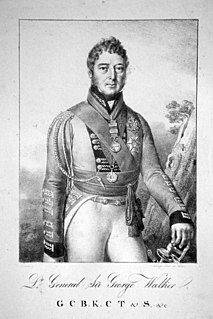 W
WGeneral Sir George Townshend Walker, 1st Baronet, GCB was a British Army officer.